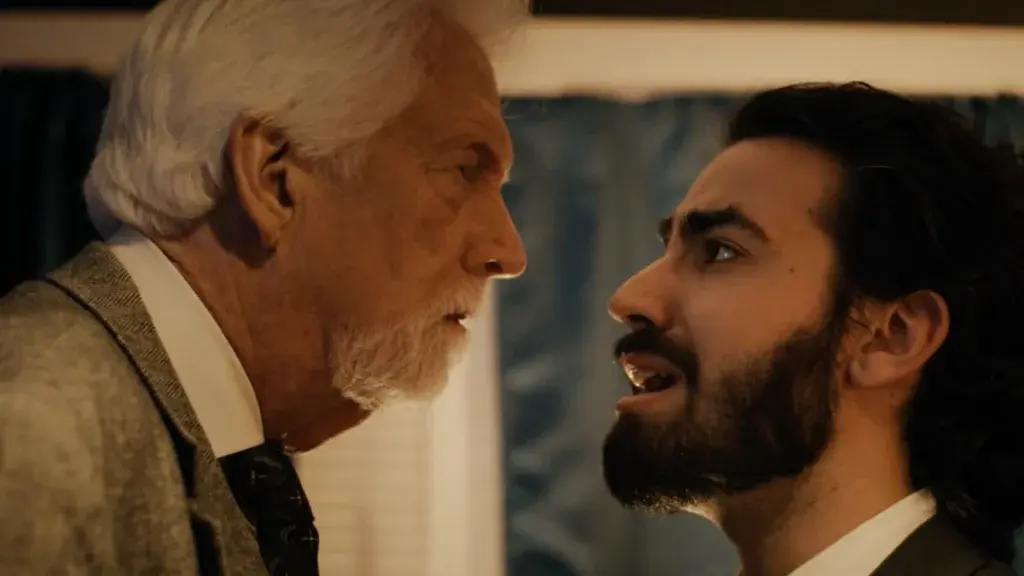While trying to come to terms with his relationship with his father, the protagonist gives the viewer an intense, unabashed look at everything the relationship has meant for him. The narrative explores the co-existence of an all-consuming, overwhelmingly powerful love, positioned right beside the complete absence of it, or worse, its transformation into anger, bitterness, and resentment. While there may be hope and desire for a bond between two people, if the foundation is already festering, there is little room for any kind of redemption or salvaging, the film suggests.
At the film’s start, we are presented with the image of the protagonist writing something, but if it’s a literal reality of him writing something based on his relationship with his father, or is it only a metaphor for him re-writing the relationship itself in his head to eventually find closure and thereby move on, becomes a relevant thought to engage with.
As the plot develops, talks of dreams and writing find their way into it, coupled with Shakespearean lyricism. However, each element only leads to the same discussion, the portrayal of a highly damaging equation, and the power it still has over the protagonist. He may feel suffocated, and uncomfortable, presented alongside the Oedipal image of a son inflicting violence on his father. There may be harking back to the childhood games, and yet, all of it always remains punctuated by something graver, heavier. Pain, hurt, and disappointment never leave the narrative, finding an echo within the screenplay and performances, while being portrayed in an engaging, experimental manner all along for the audience to interact with.
Read LessAt the film’s start, we are presented with the image of the protagonist writing something, but if it’s a literal reality of him writing something based on his relationship with his father, or is it only a metaphor for him re-writing the relationship itself in his head to eventually find closure and thereby move on, becomes a relevant thought to engage with.
As the plot develops, talks of dreams and writing find their way into it, coupled with Shakespearean lyricism. However, each element only leads to the same discussion, the portrayal of a highly damaging equation, and the power it still has over the protagonist. He may feel suffocated, and uncomfortable, presented alongside the Oedipal image of a son inflicting violence on his father. There may be harking back to the childhood games, and yet, all of it always remains punctuated by something graver, heavier. Pain, hurt, and disappointment never leave the narrative, finding an echo within the screenplay and performances, while being portrayed in an engaging, experimental manner all along for the audience to interact with.
Cast
Crew

HAVE YOU MADE A FILM?
